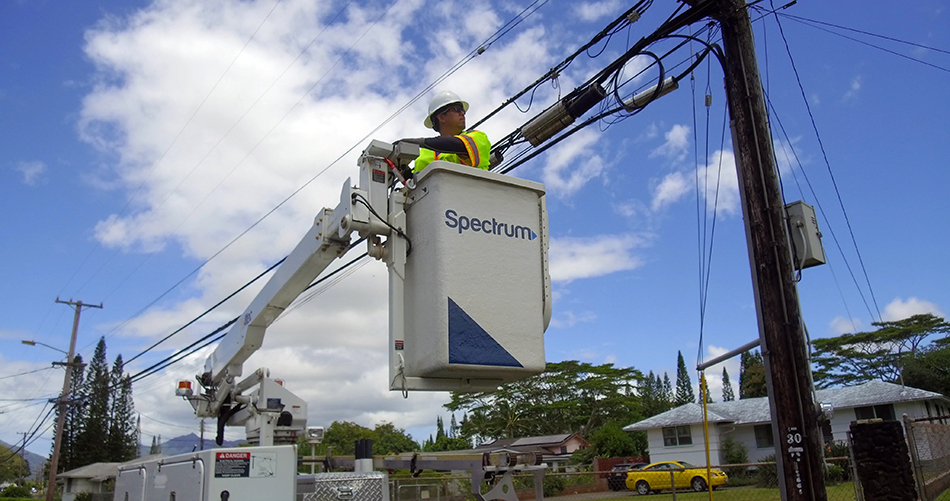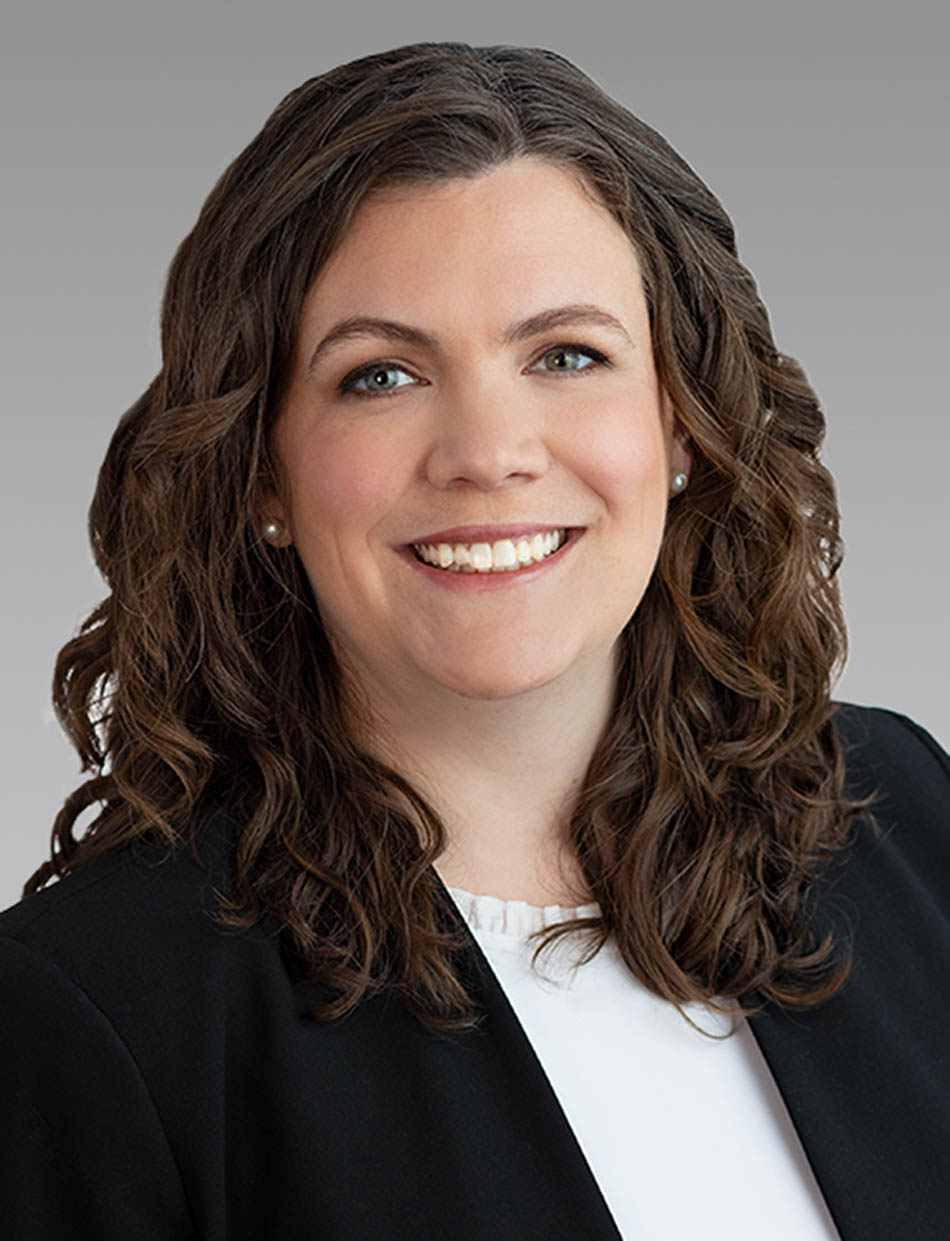Charter Says Fixed Wireless Was a Factor in Q2 Broadband Subscriber Declines
But CFO Jessica Fischer expects those customers to come back

The smarter way to stay on top of the multichannel video marketplace. Sign up below.
You are now subscribed
Your newsletter sign-up was successful
Charter Communications chief financial officer Jessica Fischer kind of acknowledged the impact of fixed wireless access competition on broadband subscriber growth Wednesday, telling the audience at an industry conference he technology was one of four factors that led to the cable operator’s first-ever broadband customer loss in Q2.

Charter lost about 21,000 broadband customers in the second quarter, one of several cable operators that experienced actual declines in that segment after months of slow growth. According to Leichtman Research Group, cable operators lost about 60,000 broadband customers in Q2. Analysts had been predicting a slowdown in broadband subscriptions for months, but didn’t expect growth to go negative so soon.
At the Bank of America Securities Media, Communications & Entertainment conference Wednesday, Fischer said Q2 performance was impacted by four factors: sluggish new home growth, seasonality, fixed wireless competition, and fiber overbuilds.
"I think we have to acknowledge that there is a new competitor in the market in the form of fixed wireless," Fischer said.
Fischer was quick to clarify that the impact from fixed wireless was more due to customers who may have chosen Charter broadband had FWA technology not been available, rather than existing Charter customers switching providers. And she said she doesn’t anticipate that impact to last long.
“We expect those customers to come back to us over the long term,” Fischer said.
Also: Fixed Wireless Will Temper Q1 Broadband Slowdown, Analyst Says
The smarter way to stay on top of the multichannel video marketplace. Sign up below.
But the fact that a senior cable executive has actually acknowledged the impact of fixed wireless service on their own wireline offerings is kind of a big deal. In the past, most top cable executives have dismissed the technology as either targeting customers cable has ignored — food trucks and such — or that it has had little to no impact at all.
In July, Comcast chairman and CEO Brian Roberts, after the company reported flat Q2 broadband growth, was a little less dismissive of fixed wireless’ effect than he had been in the past, adding that although the technology “had no discernible impact” on Q2 performance, its early growth appeared to be a contributor to lower connect activity. But he still stressed that FWA is a poor substitute for cable broadband, with slower speeds and less reliability.
Also: Fixed Wireless Could Add 10 Million Subscribers by 2027, Analyst Says
Fixed wireless has been available for a while, but the service has been hampered in the past by slow speeds — while the technology is capable of reaching up to 1 Gigabit per second, most offerings are in the 5 Megabit per second to 50 Mbps range, according to BroadbandNow. That compares to top speeds of 10 Gbps for cable, with some companies offering minimum speeds of 300 Mbps. While 5G has increased speeds and reliability for FWA service — T-Mobile, which added about 565,000 FWA customers in Q2, claims typical fixed wireless speeds of 33 Mbps to182 Mbps — it still lags cable broadband, a fact Fischer believes will keep cable in the high-speed driver seat for at least a while.
Also: Cable’s Broadband Slowdown: Saturation or Share Loss?
“It might be a more robust offering than the offerings that have previously been available in terms of fixed wireless,” Fischer said of 5G, “but in terms of speed and reliability, sort of being able to consistently deliver broadband speeds to customer in a way that is going to meet the needs of the market, I think it’s still not there.”
Fischer said offering competitive fixed wireless requires the construction of a lot of fiber between radio sites, something she hasn’t seen a lot of telcos committing to.
“The best wireless networks have a lot of wires,” she said. “As a sale of additional capacity on their networks that works temporarily, I think it’s fine. In the long term, I think that those customers end up being our customers.” ■
Mike Farrell is senior content producer, finance for Multichannel News/B+C, covering finance, operations and M&A at cable operators and networks across the industry. He joined Multichannel News in September 1998 and has written about major deals and top players in the business ever since. He also writes the On The Money blog, offering deeper dives into a wide variety of topics including, retransmission consent, regional sports networks,and streaming video. In 2015 he won the Jesse H. Neal Award for Best Profile, an in-depth look at the Syfy Network’s Sharknado franchise and its impact on the industry.

